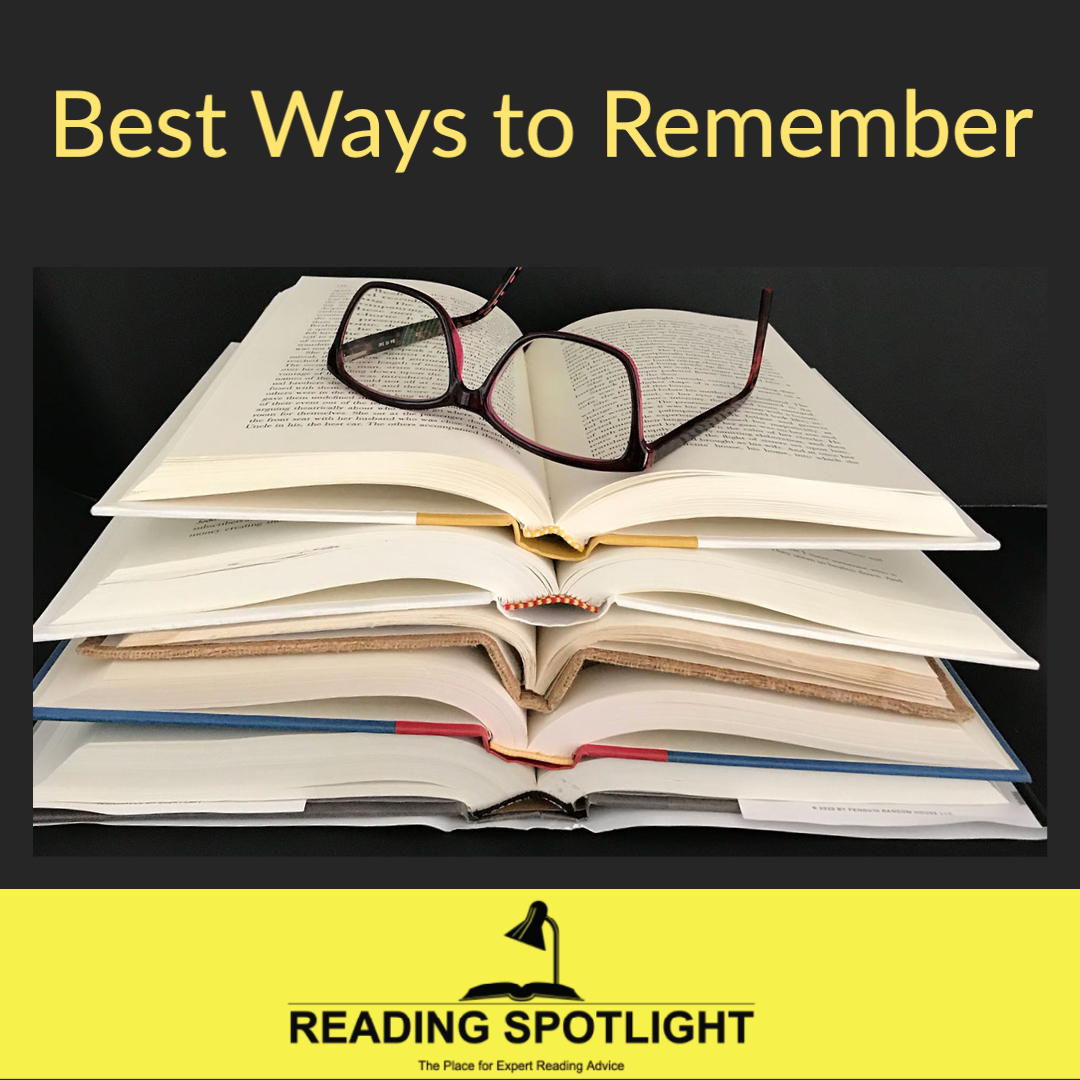Did you ever wonder how some amazing people are able to remember long lists of seemingly unrelated items? Read on to learn how they do it …
Computers encode information as digital bits in a cache that is organized and can be randomly accessed. Human beings store and retrieve memories in tangled and complex ways.
We remember by making associations, and reinforcing them with practice. Adding emotional content greatly improves memory. Also, it is important to consciously attempt to remember, while ignoring distracting information.
You can aid students in learning and remembering by
- Helping them develop their own mnemonic strategies (The more absurd the image, the better the remembering!)
- Helping them learn information in context
- Helping them add their own emotional prompts.
- Providing repetitive practice with few distractions
The best way to remember and improve vocabulary is by reading, reading, reading!
Encountering new words in context, understanding their meanings, seeing them over and over again, and using them in personal writing will improve command of vocabulary, language, and reading skills.
Consciously focusing on the information to be retained is important. Turn off the TV, music, and cell phone when studying details that must be remembered.
About those fantastic humans who win contests remembering long lists of unrelated items…
Many of them make up elaborate diagrams (like a ten room house). Then they add bizarre and outlandish images (like a skunk with a salt shaker on his head sitting on the piano in the living room –to remember the word “salt”). Their brains focus on remembering a visual scan around each room, following a designed order.
I use this technique to remember a short shopping list for the grocery store. For example, I make an image of a king: a bar of soap (face), bananas (smile), and lettuce (hair), on a box of cereal (throne), with a few pretzels (crown), and an egg streaming down, making a gooey mess.
And, of course, don’t forget dark chocolate!
It provides dopamine, an important brain chemical, and it offers flavanols, brain-boosting anti-oxidants which help everyone to remember better.
For an inexpensive set of research-based and effective activities that use some of these strategies to learn vocabulary words, try out this exceptional bargain from the Reading Spotlight TpT Store:
VOCABULARY DEVELOPMENT: The Prefix In
Some information from: Ashish Ranpura, Brain Connection @ brainhq.com<small./


